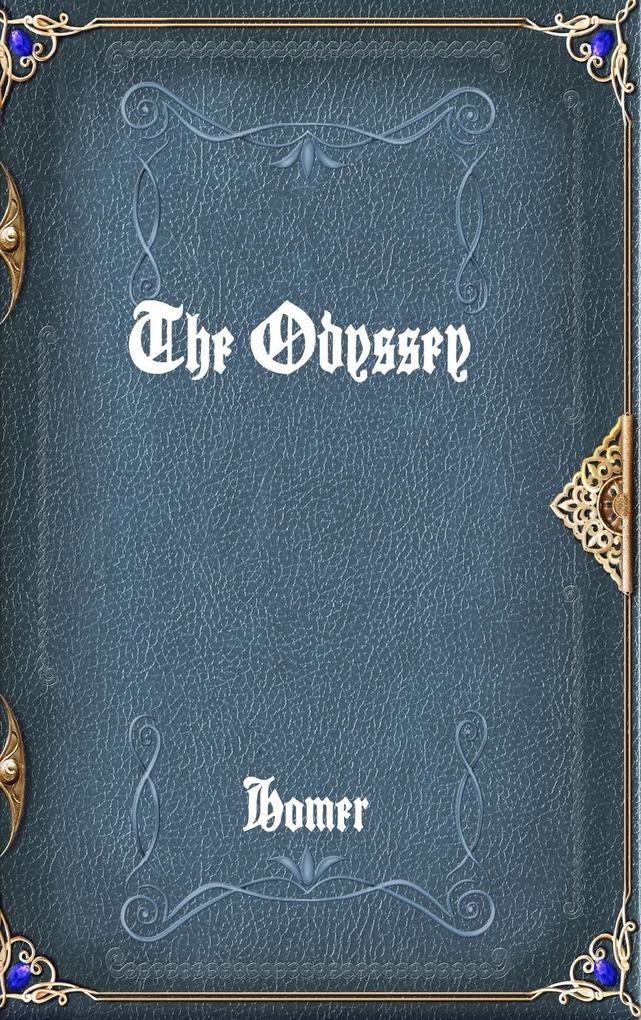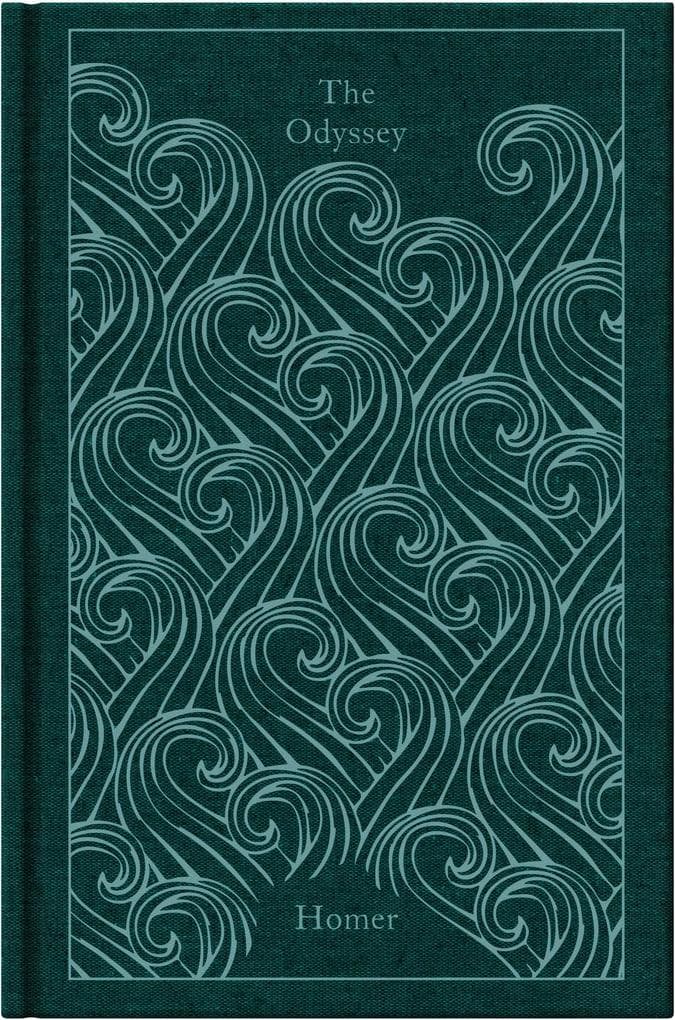
Zustellung: Do, 08.05. - Mo, 12.05.
Versand in 1-2 Wochen
VersandkostenfreiBestellen & in Filiale abholen:
After the brutal war with the Trojans and the mourning of the death of Achilles, the heroic king Ulysses sets course for home but in the process insults the god Poseidon. The angry god causes Ulysses and his crew to wander the sea for years as they get tempted by banished gods, fight off mighty monsters and even descend to the gates of the Greek hell, Tartarus, to rescue a wayward crew member. Meanwhile those in Ulysses kingdom try to court his forlorn wife who eagerly await her husband's return.
Mehr aus dieser Reihe
Produktdetails
Erscheinungsdatum
05. Juli 2016
Sprache
englisch
Seitenanzahl
272
Reihe
Dover Thrift Editions: Literary Collections
Autor/Autorin
Homer
Verlag/Hersteller
Produktart
gebunden
Gewicht
549 g
Größe (L/B/H)
235/157/19 mm
ISBN
9781365239045
Entdecken Sie mehr
Bewertungen
0 Bewertungen
Es wurden noch keine Bewertungen abgegeben. Schreiben Sie die erste Bewertung zu "The Odyssey" und helfen Sie damit anderen bei der Kaufentscheidung.



















